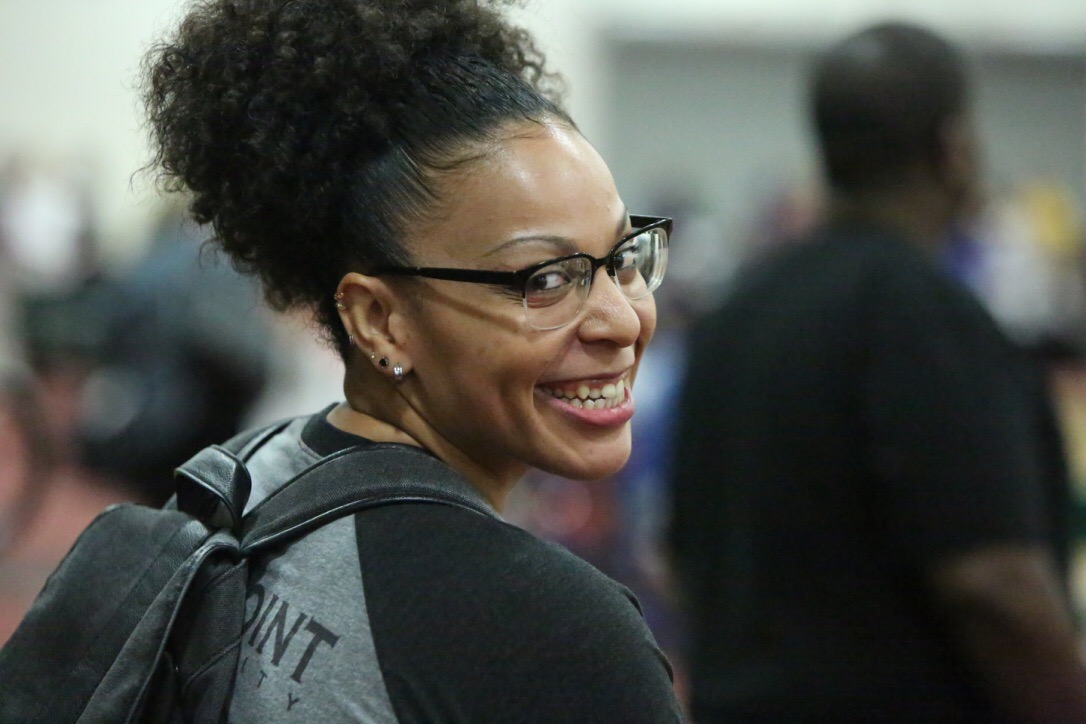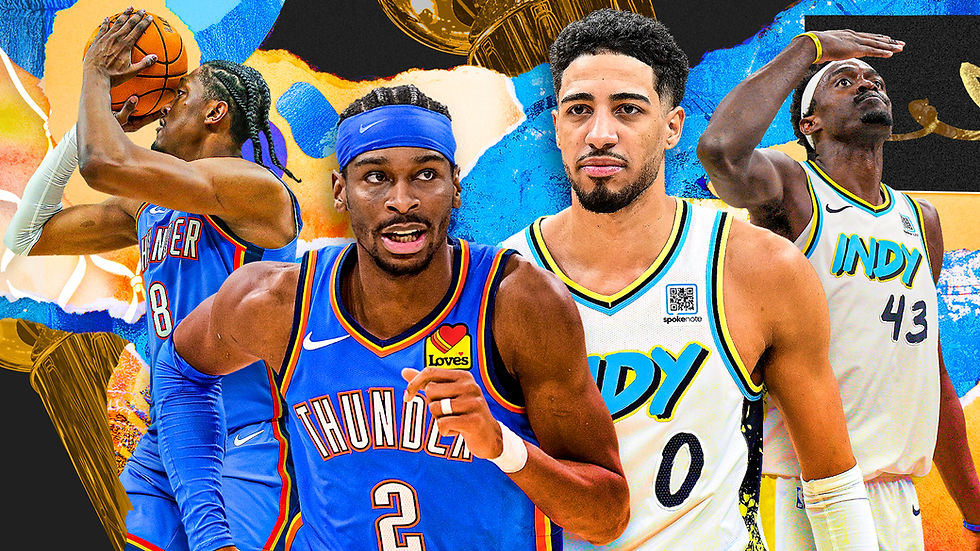Season's Over, Now What? : Re-imagining post-season development
- hendrixtoycoaching

- May 4, 2025
- 2 min read
Season has ended.
Wins and losses are no longer being tallied. Players are tired, their eyes are on summer. Rosters are shifting or being totally re-manufactured.
And yet… this awkward in-between is one of the most powerful windows for growth and recalibration.
Let’s be real, Gen Z isn’t showing up for cookie-cutter workouts and motivational speeches in April and May. What if post-season wasn’t about running it back with X’s and O’s but about anchoring your program in trust, reflection, and purpose? What if post-season was the reset your program actually needs?
Less grind.
More growth.
Less burnout.
More connection.
Post-season doesn’t have to be heavy. It can be intentional and playful. Powerful and restorative. There’s even space for it to be coach-directed and player-led.
For Gen Z, joy and connection are foundational. When acknowledged, buy-in increases, walls come down, and effort goes up.
EQ for Post-Season Growth:
To truly leverage post-season, make space for emotional intelligence and social development. Center self-awareness, reflection, and relationship management in various settings.
Here are some examples:
1:1 Vision Setting Meetings
Co-create developmental plans. Involve them in their process!
Examine stats and playing time. Then, go beyond them. Ask reflective questions like, “What did you learn about yourself this season?”
Offer different meeting formats. Introverted players may offer greater information through Google forms or an audio reflection.
Off-Court Leadership Counsels
Build leadership and decision-making abilities through mock scenarios or group challenges.
Involve alumni or other community members for mentorship.
Team Debrief Circles
Facilitate open conversations about team dynamics and culture.
Model and normalize radical honesty for collective processing and growth.
Team Dinners or Creative Nights
Create spaces for JOY! (Game nights, paint & vibe, karaoke)
Foster bonding that reminds athletes of life beyond competition.
X’s and O’s
Post-season is not the time to perfect plays and talk team basketball to Gen-Z athletes. Layer emotional development into skill work and individual growth. Deepen reflection, empower players and reinforce culture through on-court skill development.
Here are some ways to incorporate EQ into on-court skill development:
Film Review in the “Feedback Lab”
Incorporate alternative tools like voice note reflections and journa
ling.
Ask them questions such as “How would YOU coach you in this moment?” Have them coach their reactions.
“Player’s Choice” Days
Athletes build the practice plan or a section of it.
Have athletes coach each other. Have them lead the warm-up, introduce drills, and/or name the emphasis of the drills.
Competition Days
Replicate FIBA 3v3 and have a tournament.
Create a 1v1 tournament and stretch it out over 3-4 days. Mimic your conference tournament format.
Let post-season be a bridge; a chance to listen, build, and anchor your program in what truly matters. Players will only get better if they want to; that want is rooted in joy, trust and connection. Let post-season be the space where your team remembers why they love the game.
Coaches, we’re in a new era. The future of coaching is shifting and is calling you to shift with it. Lean in or miss a major opportunity for development!








Comments